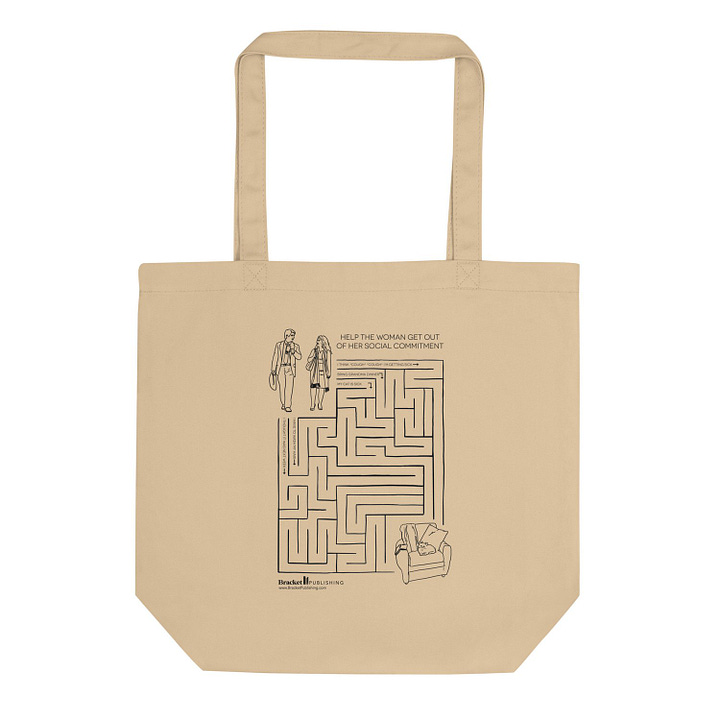Every ten years, your skeleton is all new.
You’ve probably heard that every seven years, your whole body has turned over, your cells have reproduced themselves — but that’s not exactly accurate.1 Neurons don’t change (though the atoms that make up neurons do).2 The lens in our eyes stays the same, too. But other parts of us — other parts of us are new all the time. New stomach lining every few days. New outer layer of skin every few weeks. Fresh troops of red blood cells every few months.3
And every ten years, what holds it all in place and keeps me upright is brand new.
I’m working on a longer essay about change, but all I want to say right now is this:
Twenty years ago this August — two skeletons ago — I moved to Southeast Asia to teach English.
Ten years ago, I started pulling together the stories of my time in Asia, and connecting them to the stories of other people who moved overseas because they were eager to serve God. I became willing to face some of my own questions and doubts for the first time, and I began interrogating the language we used to talk about mission and the love of God and the place of women.
What resulted was my first book: Dangerous Territory (2017), a memoir about cross-cultural living and faith crisis and falling in love, punctuated with bits of cultural criticism and ending with hard-won hope.
I love so many things about this little book. And so a couple of years ago, when its publisher rebranded and returned the rights to me, I thought, well, I should at least re-release it as an ebook, so it remains available. But then I talked with Miranda, the editor I originally worked with on the book, and she told me about a new venture she was starting, an indie press. I trust her implicitly, and I know she understands the book (here, she tells the story of what DT means to her). And then I realized that Miranda and her publishing partner Heather were the people who created an adult coloring book that’s just pictures of women reading books with cats and a tote bag that is perfect, and I thought, yep, these are the people to do this.


Bracket Publishing will be releasing the second edition of Dangerous Territory this fall. And we’re hoping to record an audiobook, which we didn’t do the first time around, read by me! To support this project, please consider backing it on Kickstarter. The second edition will include a new afterword, a resource for churches looking to refine their language about missions, and a new cover design.
But mostly, the body of the new edition will remain unchanged.
Which makes me feel some kind of way.
As an author, a Christian, a human, it’s really very strange to re-read a memoir I wrote ten years ago (parts of which come straight from journals and emails that are twenty years old). The narrator of this book and I are not the same people. The way I talk about God is different now. My very sentence structure is changed. This was all two skeletons ago. As I open the word doc to make revisions, there is part of me that wants very much to re-write whole paragraphs or footnote every chapter of the book!
But it needs to stay as it is. Like most every work of art, it’s captive to its own moment in time. It’s the story of how hope found me in my first adult dark night of the soul, as everything began shifting for me — and I think it holds hope for many people, just as it is.
Some of you receiving this newsletter were the original fans and supporters of Dangerous Territory. If that’s you, I hope you’ll consider backing this and giving the new copy to a friend who might need it. And some of you have never heard of this book: I hope you’ll check it out, too.
Three Things:
A couple of weeks ago I ran into Lisa Cockrel at a poetry reading, and she was very sincerely gushing about a lyric memoir she acquired for Eerdmans that was about to be released. “This guy, who is kind of an agnostic, creates his own Lessons and Carols service every year, and his friends always come to his house at Christmas to do it with him, year after year, flying in,” she said, and I was already hooked, but then she said, “It’s about recovery and addiction, but… what it’s really about is the question is change possible?” I ordered it the next day and read it immediately. Lessons and Carols: A Meditation on Recovery by John West is the kind of book I might just pick up again every Christmas. Here’s a bit: “A didn’t want to be A with speed. She didn’t want to be A with AA either. She just wanted to be, and I envy her certainty that there is some way to be, absent our rusted pasts. So what lives at the center of a piece of music? Or in the heart of a poem? Or the soul of a person? No, tigers never change their stripes. No, old dogs can’t learn new tricks. These are good as far as idioms go, but let’s see what happens to monsters.”
Tomorrow is the anniversary of Emily Dickinson’s death. And here is a song that may have been engineered by the heavens just for me, a Dickinson poem sung by Phoebe Bridgers and Andrew Bird (video below, or or on spotify, if you prefer).
While we’re here, may I say that Dickinson on Apple TV is one of my favorite shows of the last decade, and if you are lucky enough to be watching it for the first time, you can pair it with this podcast created by Jericho Brown that delves into each episode of the first season. Finally, I love this essay at the LA Review of Books on Dickinson’s hair.One of my favorite silly podcasts is back for a fourth season: Normal Gossip! (Or is it silly? Perhaps, as Phyllis Rose argues, “Gossip may be the beginning of moral inquiry, the low end of the platonic ladder which leads to self-understanding. We are desperate for information about how other people live because we want to know how to live ourselves...”
And have you also heard of the “seven year itch” — the idea that there is a tendency toward infidelity after seven years (made famous by the Marilyn Monroe movie)? As far as I can tell, there is no relationship between these two seven-year ideas, but I always assumed that they were connected! Please enlighten me if you know anything.
Some of these facts are shared at the end of this episode of Invisibilia.
It’s enough to make you wonder what resurrection of the body means. Which body? And does that include all the other living things that make up my body? My gut microbiome? It’s enough to make you wonder if resurrection will be for all things, not just for the bodies of evangelical Christians.





I recently bought a used copy of “Dangerous Territory” and am really looking forward to reading it! That’s not say I won’t buy the new edition as well … 😊
So happy to learn about the book re-issue! And I've had reason to attend more carefully to my gut microbiome of late: now you're raising all sorts of theological ponderings for me. Do we think the world has room for a poem about the colon's spiritual flourishing?